
A white coffee cup with latte art and spoon sits atop a newspaper. Via Pixabay.
It’s the end of another snowy week here in Michigan, and I’ve mostly been kept going through the cold and dark by the sight of animal tracks in the snow each morning. Is that a rabbit? A deer? The bruiser of a cat who frequents our yard?
Anyway, I hope you’re safe and warm and ready for the weekend. Let’s take a look at the coffee news.
COVID-19 Winds Back Seven Years Of Growth For UK Branded Coffee Shops - via Global Coffee Report
For the first time in 20 years, the United Kingdom’s “branded coffee shop market”—i.e. chains like Costa Coffee and Caffè Nero—has posted negative sales and outlet growth.
According to Global Coffee Report, this new report by Allegra shows that “COVID-19 disruptions set back branded UK café chain sales to 2013 levels, wiping nearly £2 billion (about US$2.8 billion) off the market value.”
Bloomberg, meanwhile, claims that it will take the segment until 2024 to recover, “although there’s ‘deep uncertainty’ over the outlook.”
We all knew that the somehow still ongoing COVID-19 pandemic would affect the coffee industry. From supply chain obstacles to more people staying at home, the industry was always going to be one of the worst-hit.
The fact that chains have been this badly impacted, however, is still quite surprising. After all, people love chains.
The United States, by way of comparison, saw a fall of nearly 25% in the same time period, but the US version of the Allegra report predicted a climb back to pre-pandemic levels much sooner.
Cocaine: Falling Coffee Prices Force Peru’s Farmers To Cultivate Coca - via The Conversation
The price of coffee is discussed in rather abstract terms in consuming countries. If the falling price is seen as bad—and it isn’t always—it’s viewed through a neutral, vaguely detached lens.
For producers, however, price fluctuations can have serious implications on their livelihoods. For some in Peru, the ongoing price crisis has led them to move into another, ironically seen as more stable, crop: coca.
Academics in the UK have been looking at the growth of coca production in Peru and Bolivia, and many farmers interviewed spoke of their move into coca cultivation after becoming disillusioned by coffee farming.
“People were excited about coffee,” one Peruvian farmer told the researchers. “It was the golden bean.” That was back before coffee leaf rust and falling prices changed people’s opinion. Now, “Coffee creates more work than profit,” that same farmer said.
Coffee shrubs take many years to reach maturity, and are delicate and susceptible to disease; it is also harvested once or perhaps twice a year. Coca, on the other hand, is quicker and simpler to grow and can be harvested multiple times in a year.
“When coffee rust killed our plants, people with a little coca survived. The rest had to abandon their land,” a local farmer’s union leader said. “Coca was like a small savings account.”
Aegis Sells Canadian Coffee Giant Second Cup To Foodtastic For US$11 Million - via Daily Coffee News
This isn’t that interesting a story, except as a way to shoehorn in a Scott Pilgrim vs the World reference.
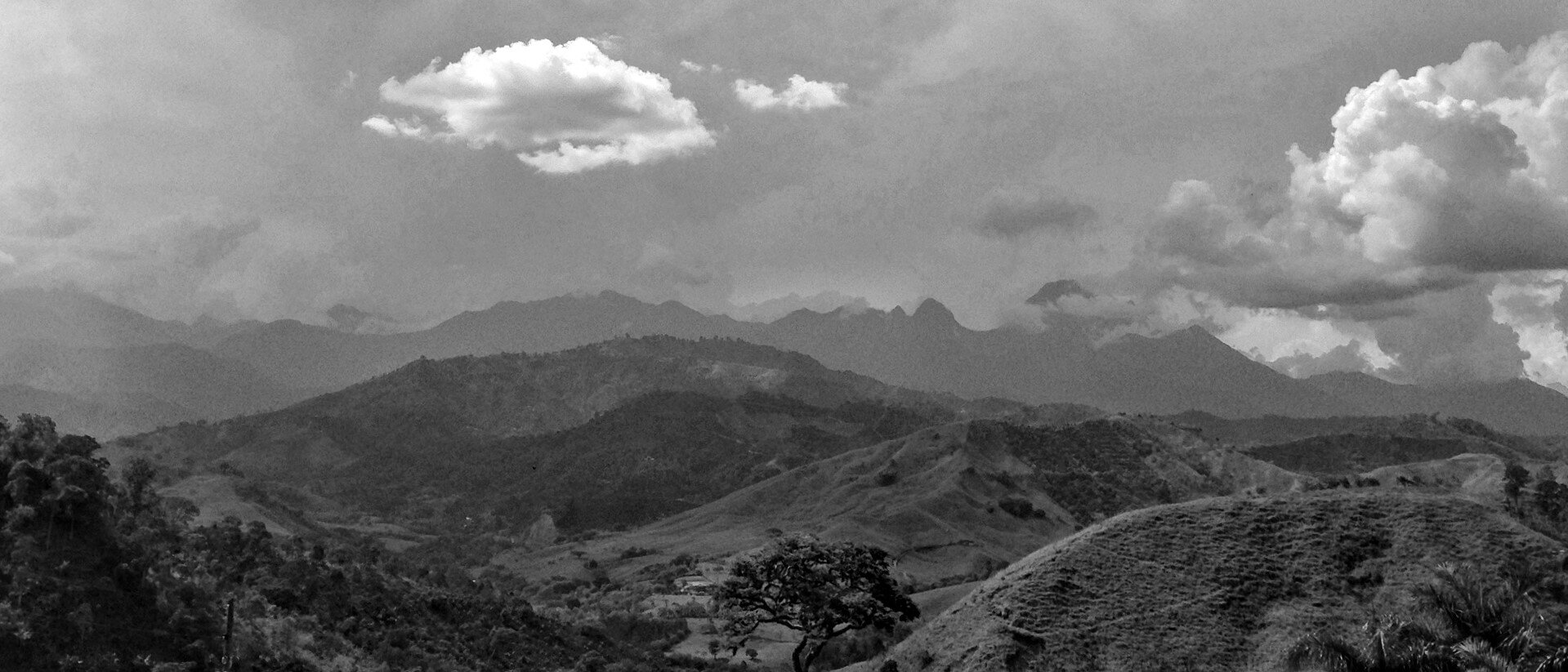
Long shot of Colombian coffee farms with mountains in the distance.
More Headlines
Cup of Excellence Organizer ACE Partners With Oritain For Traceability Verification
Former California Assemblyman Sentenced To Prison For Coffee Shop Investment Scheme
The Week In Corporate Coffeewashing
Did you know that “a significant part of Dunkin’s coffee leadership has been built upon a deep commitment to sustainability, protecting the coffee the brand sources and the coffee farmers it depends on.”?
Well, it’s true, at least according to [checks notes] the company’s own corporate spin magazine.
A brand with $1.2 billion in revenue in 2018 and that was bought for $11.3 billion last year, has “donated $380,000 to several important and inspiring organizations with missions focused on coffee sustainability.”
That’s 0.03% of the company’s 2018 revenue.
Is Coffee Good For You?
It might be good for your heart, according to new research. The meta-analysis, looking at three major studies involving 21,000 people, found that drinking one or more cups of coffee per day was associated with a significantly decreased risk of heart failure.
One of the studies analyzed found that at least one cup per day decreases heart failure risk by 5-12%, while another found a 30% risk reduction among those who drank two or more cups.
But the coffee does have to be caffeinated, apparently: “Coffee and caffeine are often considered by the general population to be ‘bad’ for the heart because people associate them with palpitations, high blood pressure, etc.,” said study senior author David P. Kao in an announcement. “The consistent relationship between increasing caffeine consumption and decreasing heart failure risk turns that assumption on its head.”
What I’m Drinking This Week
Continuing to work my way through Cxffeeblack’s excellent Guji Mane, this week trying it in the AeroPress (and it was superb).
Also this week, my ex-colleague John recently took over the Milan Coffee Works space down the road from me and rebranded as Mutiny Coffee Roasters, and was kind enough to send over some coffee. Very exciting to have another top quality roaster out here in the wilds of semi-rural Michigan!
What To Read
Tat Tvam Asi: India’s Natural Coffee Farm by Dhaval Mehta
The Coffee Shop Giving Homeless Youth A Chance At Success by Cinnamon Janzer
Podcast: In Good Taste: The Ethics Of Photography In Coffee Marketing by Sprudge
Until next week, drink good coffee. Wear your mask. And support your local coffee roaster!
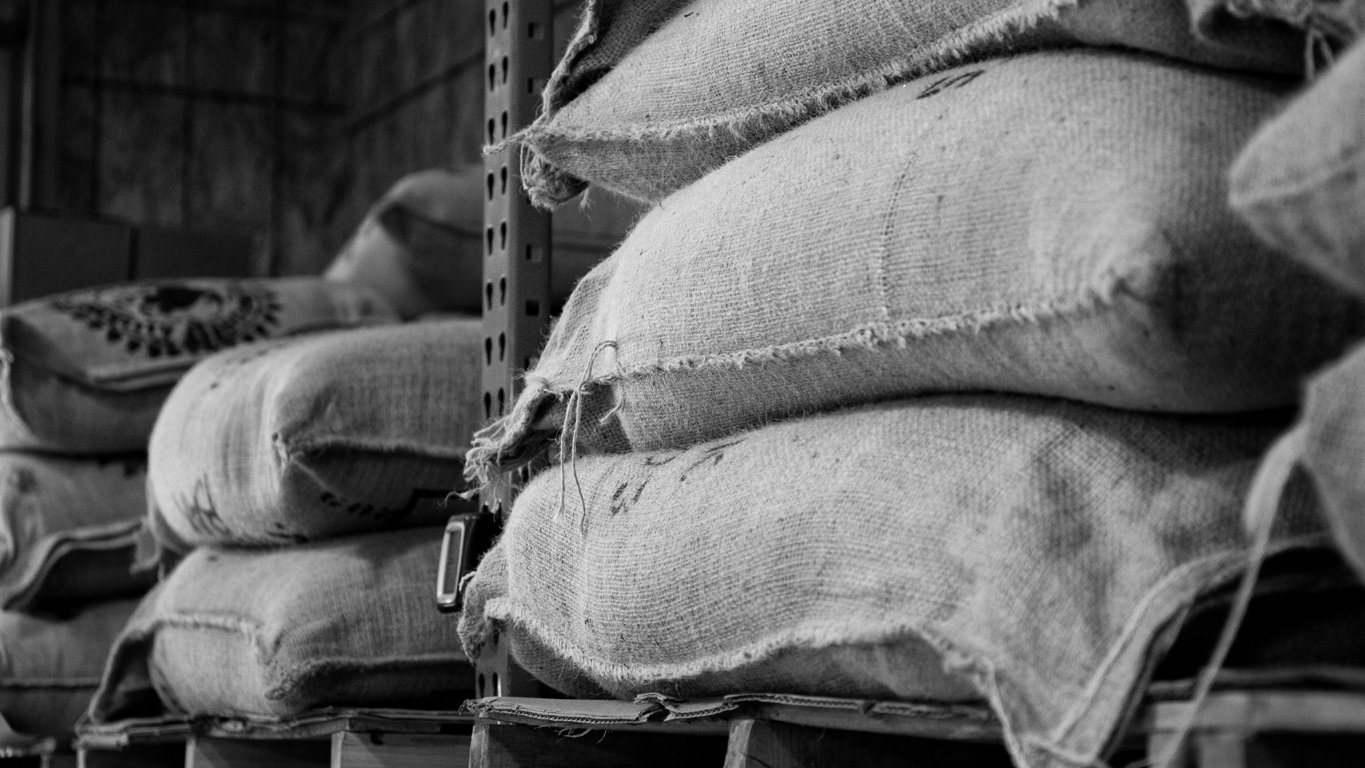
Nov 24, 2023 Connecting the Dots: Inside the 2023 Coffee Barometer Nov 24, 2023 Nov 24, 2023
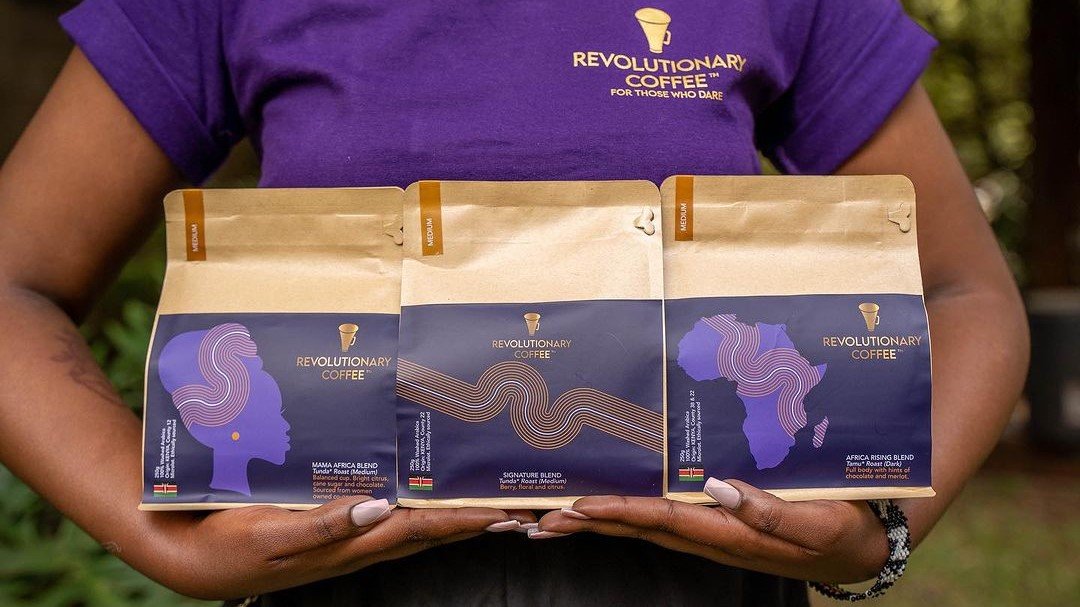
Oct 21, 2023 'Specialty Coffee Should be Enjoyed by Those Who Grow It': The Farmer's Daughter Joining Kenya's Coffee-drinking Revolution Oct 21, 2023 Oct 21, 2023
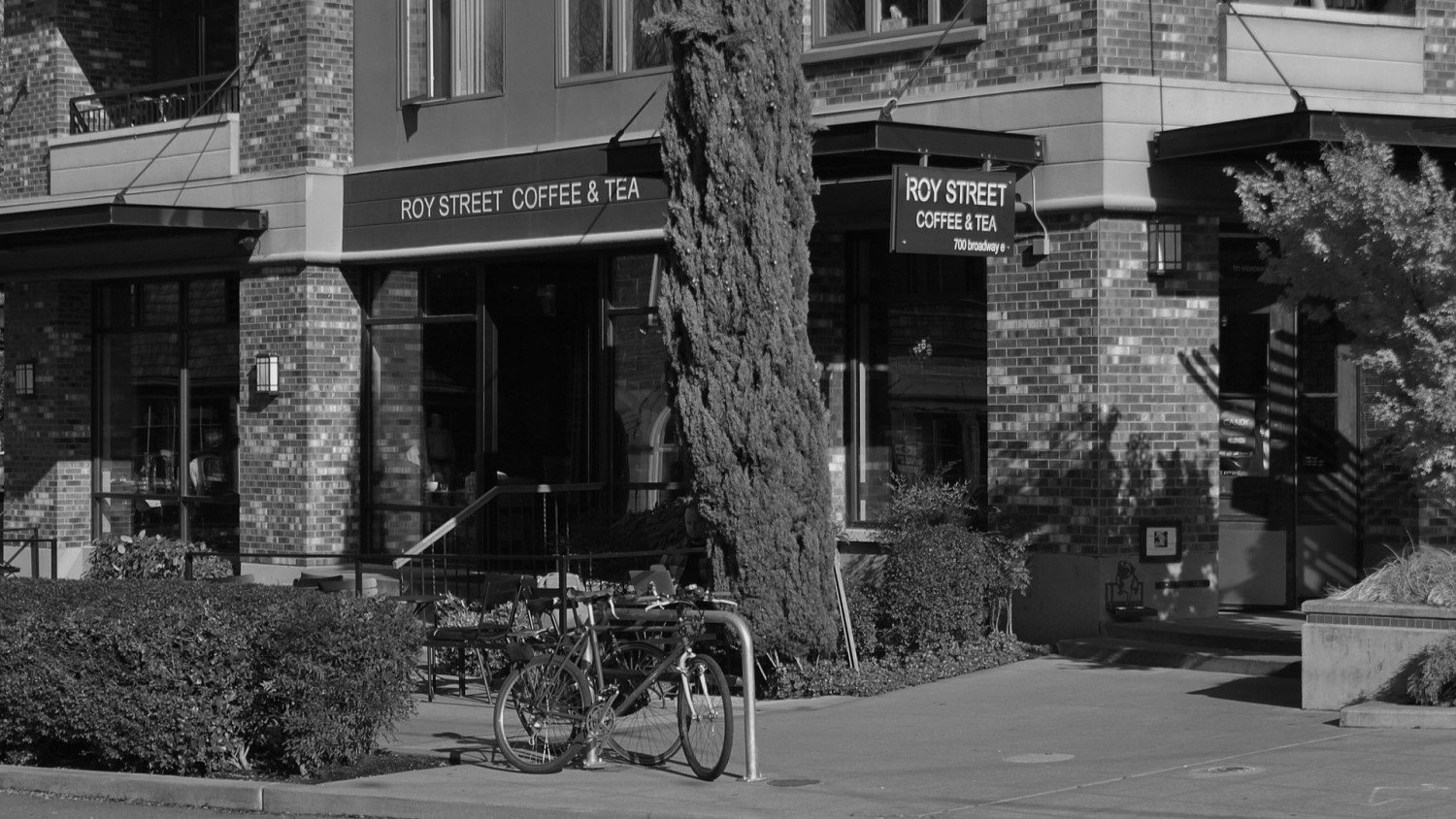
Oct 6, 2023 Stealth Starbucks: A Premonition of Modern Specialty Coffee Oct 6, 2023 Oct 6, 2023
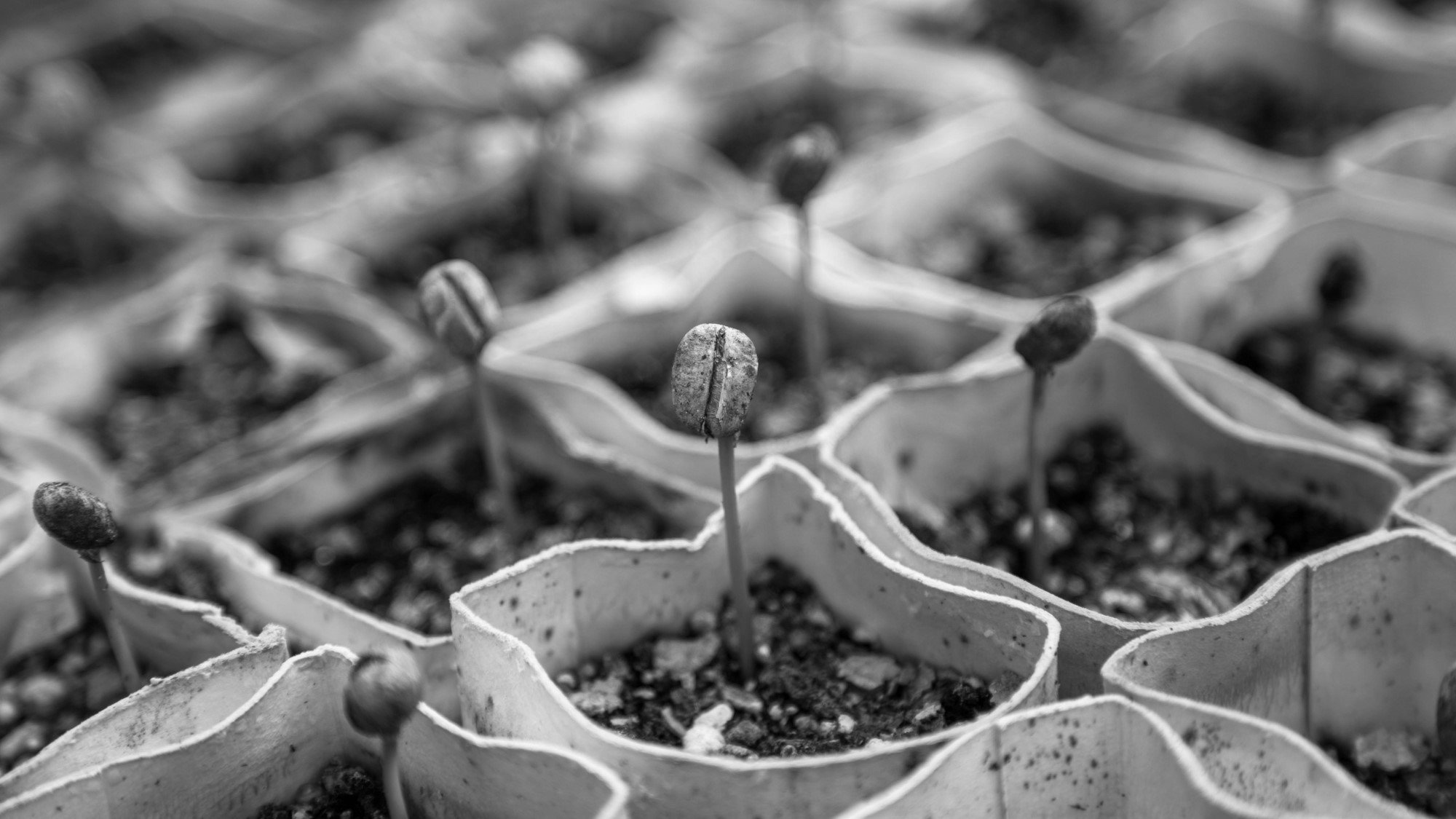
Sep 22, 2023 Can the Coffee Change Fund Save Coffee? Sep 22, 2023 Sep 22, 2023
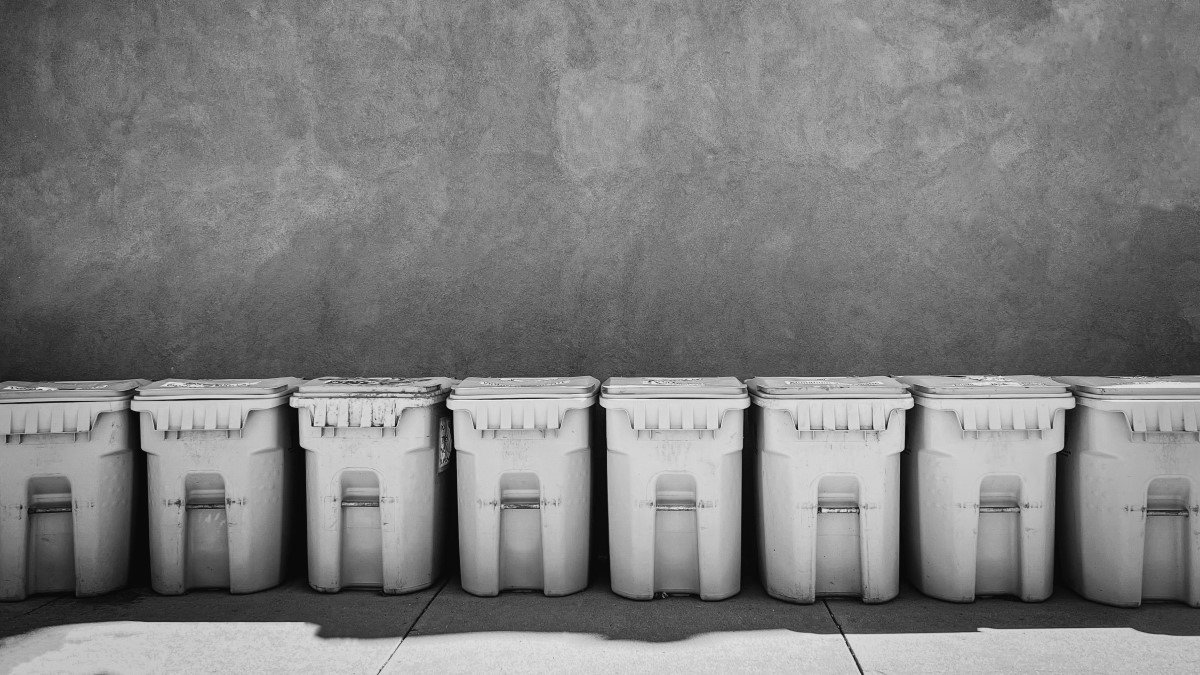
Sep 8, 2023 Upcycled Coffeewashing Sep 8, 2023 Sep 8, 2023
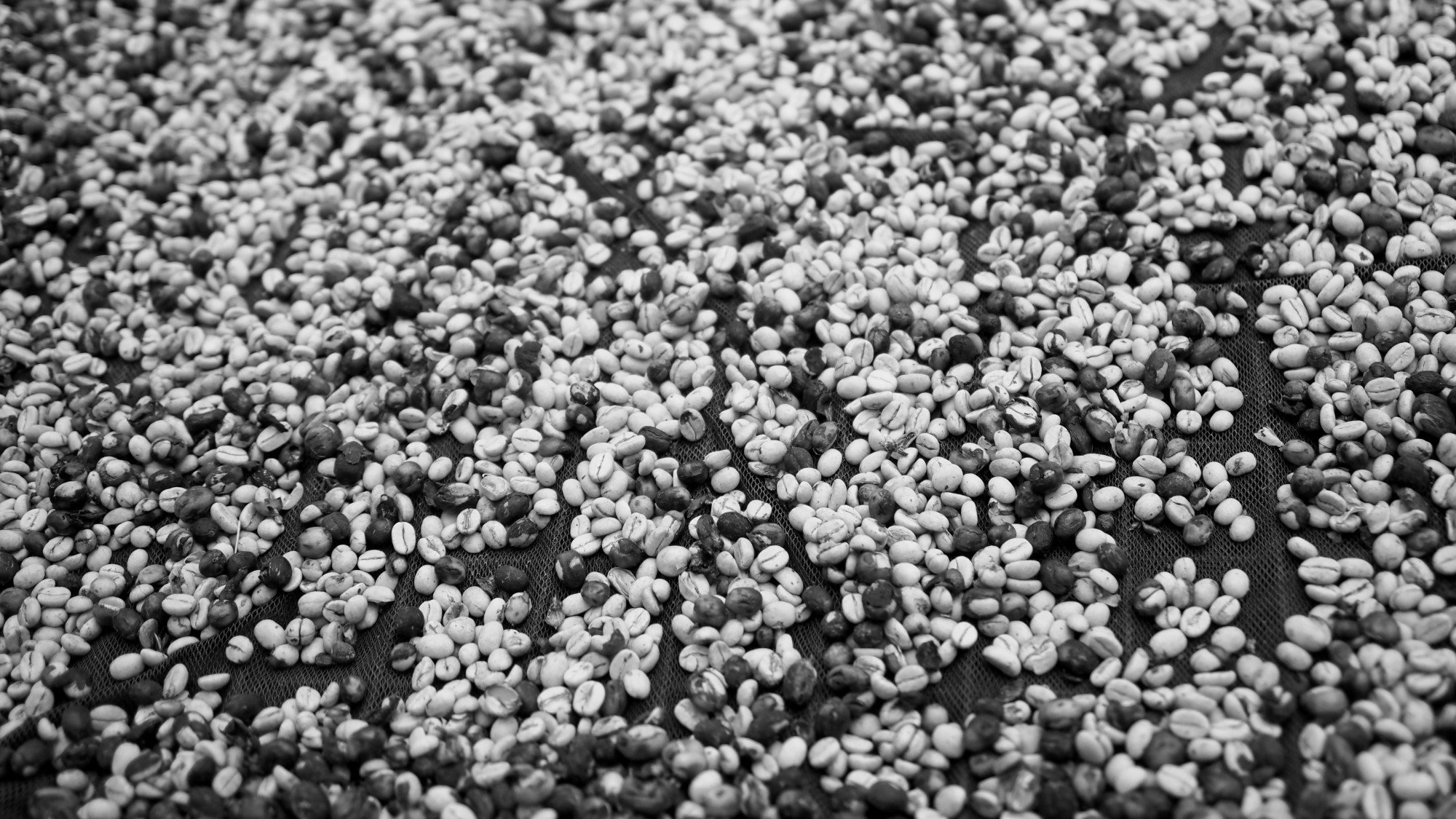
Aug 25, 2023 From A Concerned Farmer Aug 25, 2023 Aug 25, 2023

Aug 11, 2023 Philly is a (Coffee) Union Town Aug 11, 2023 Aug 11, 2023
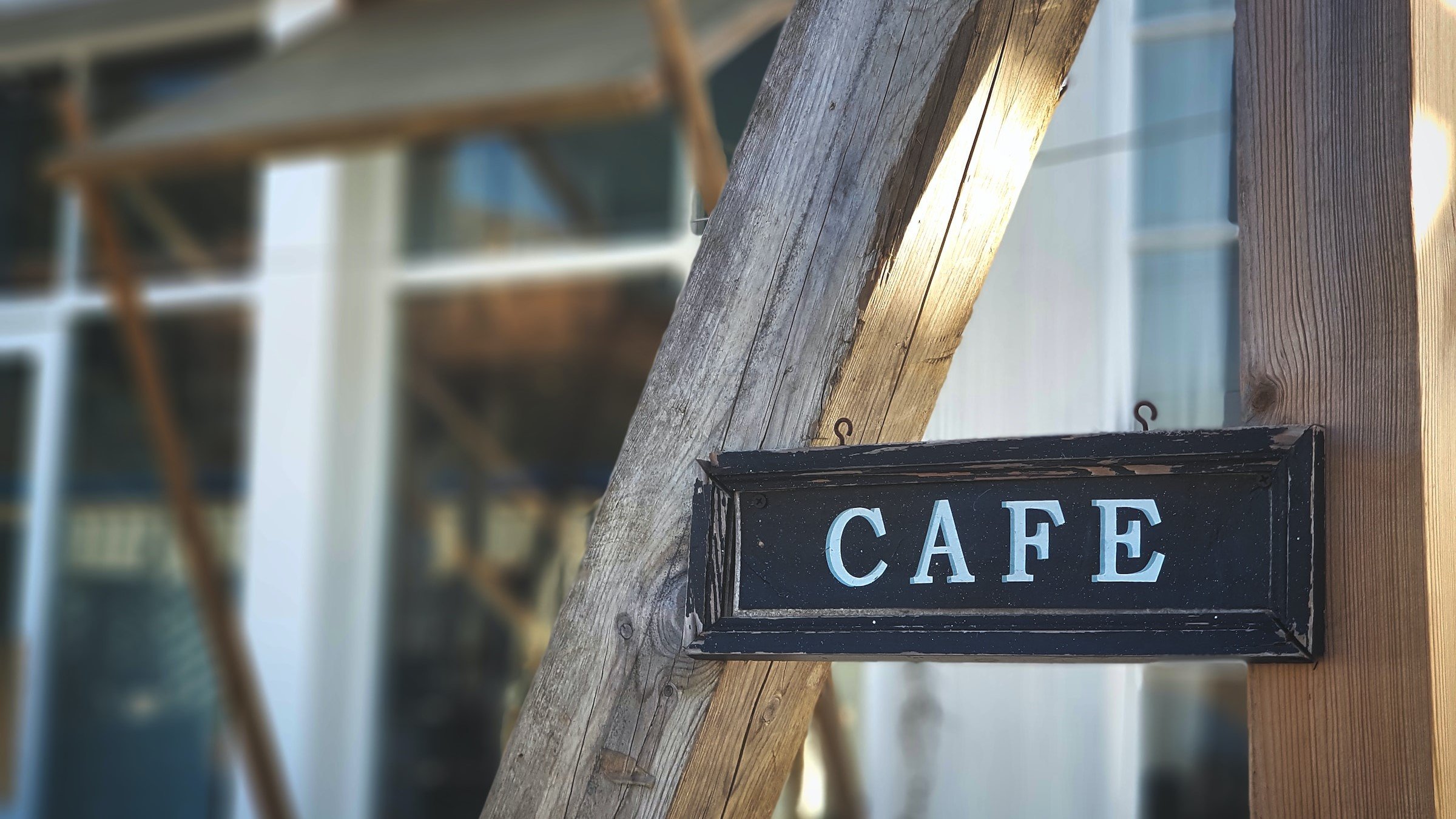
Jul 28, 2023 South Korea's Coffee Wars Jul 28, 2023 Jul 28, 2023
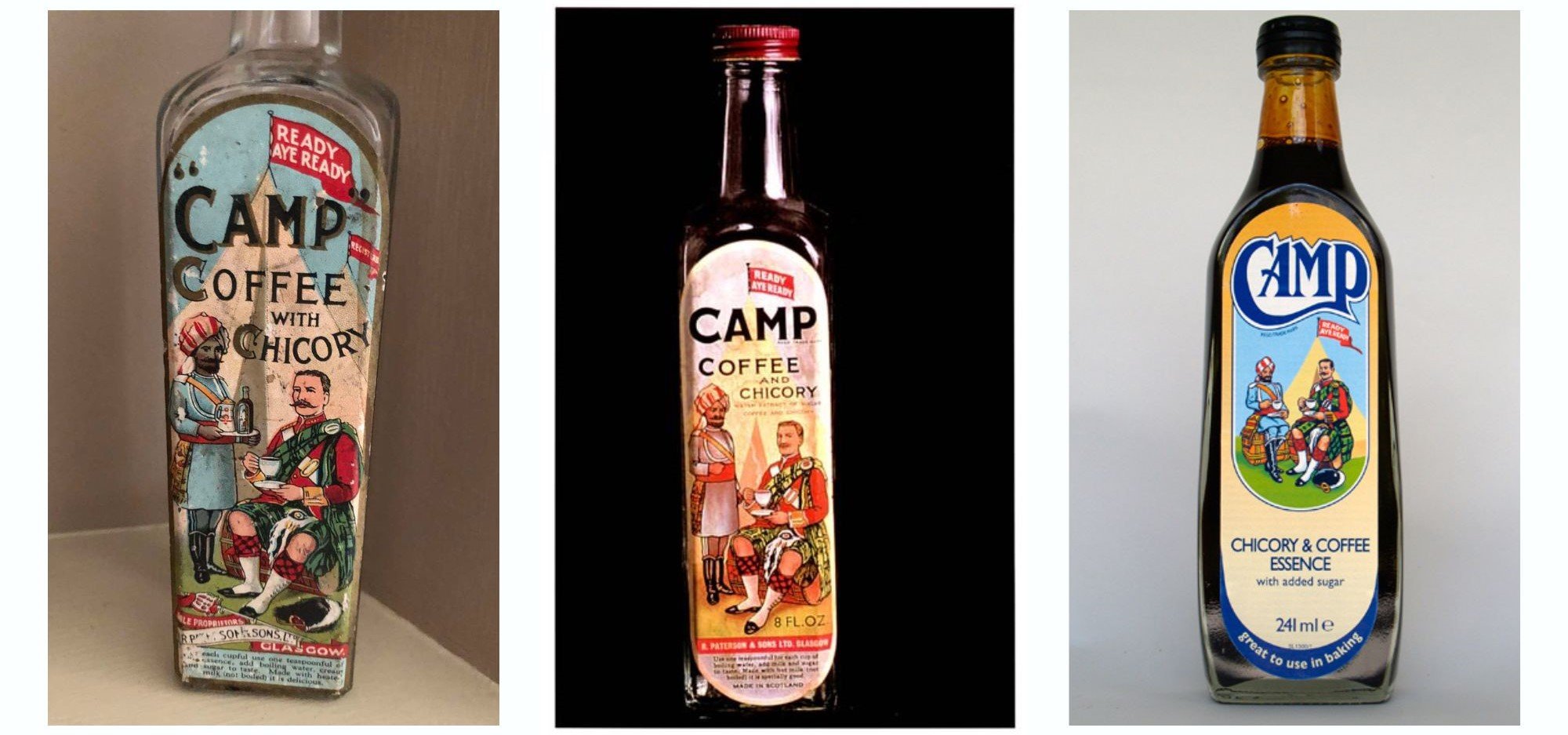
Jul 14, 2023 Camp Coffee, Colonialism, and the Evolution of a Brand Jul 14, 2023 Jul 14, 2023
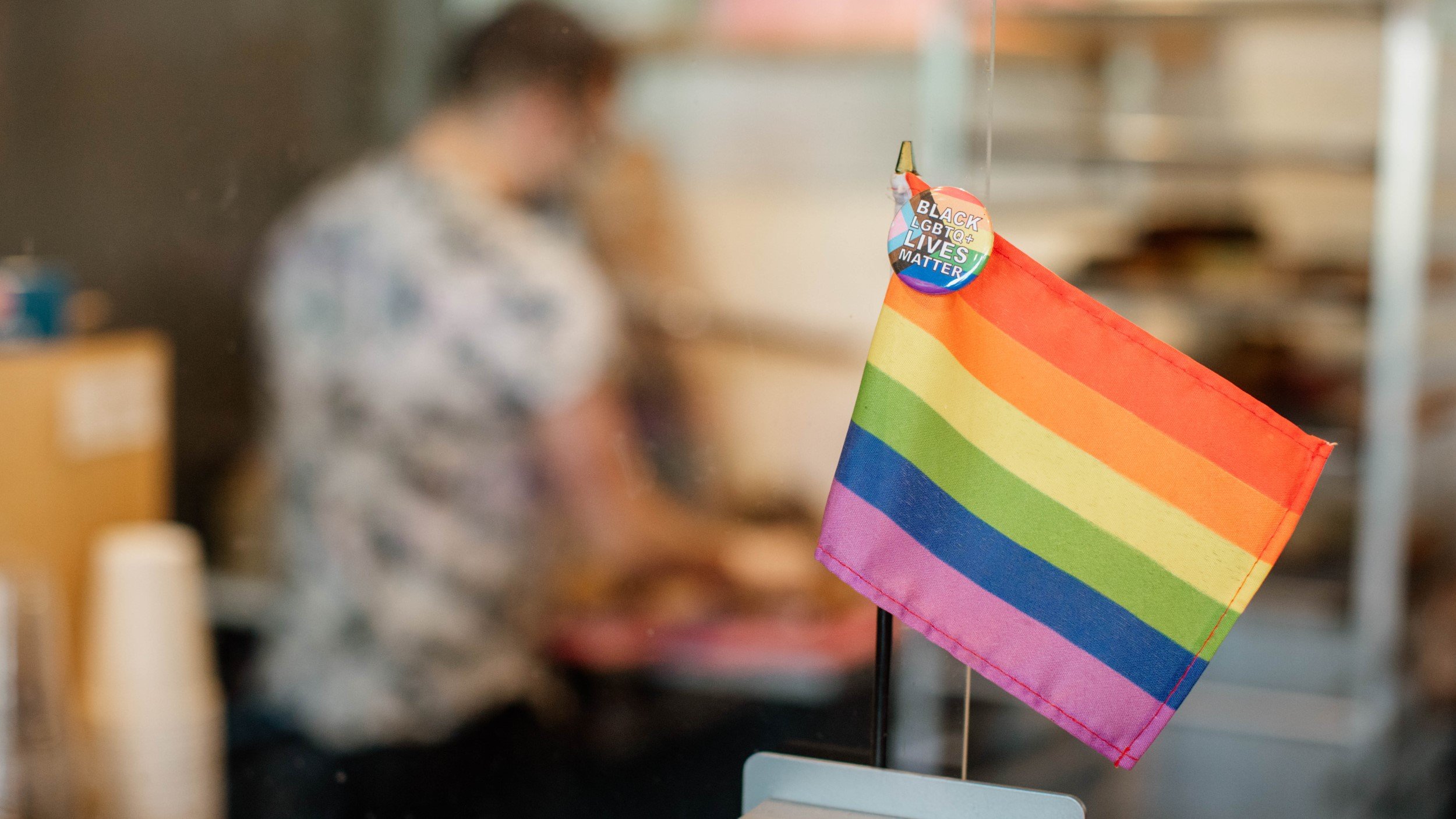
Jun 30, 2023 Defiance and Gay Frog Donuts: How Strange Matter Coffee is Navigating the Anti-LGBTQ+ Backlash Jun 30, 2023 Jun 30, 2023






